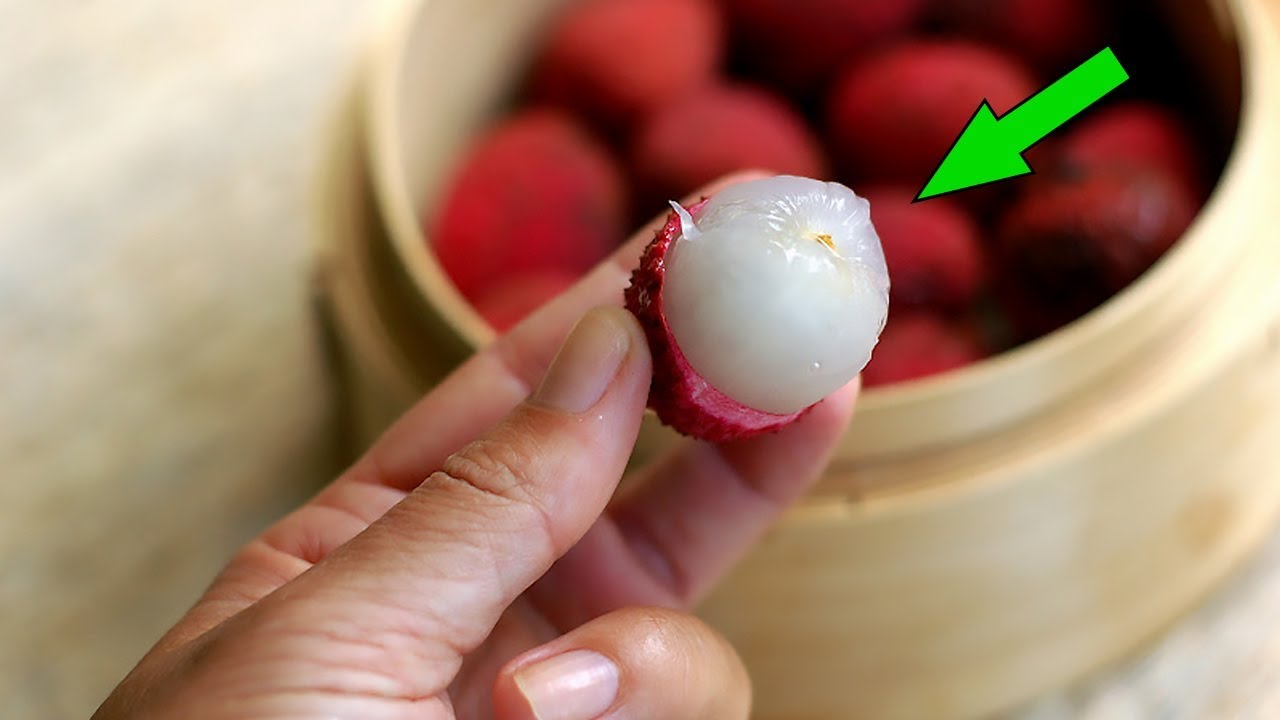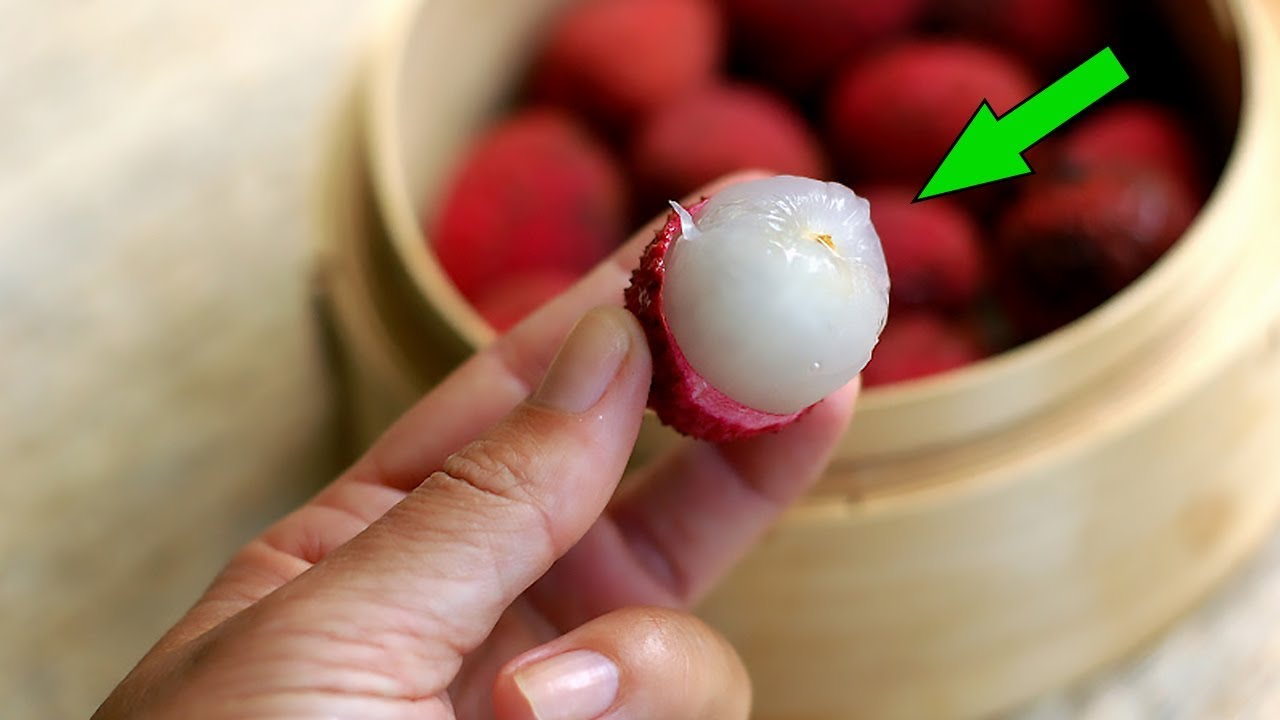
Lychee, a small tropical fruit with a sweet, aromatic taste, is often celebrated for its delightful flavor and numerous health benefits. However, it has also been termed “dangerous” under certain conditions, making it a fruit of paradoxes. Here’s a look at why lychee is both beneficial and, in rare cases, risky.
Health Benefits of Lychee
- Rich in Nutrients Lychee is a great source of vitamin C, vitamin B6, niacin, riboflavin, folate, copper, potassium, phosphorus, magnesium, and manganese. These nutrients help strengthen the immune system, promote cardiovascular health, and support metabolic processes.
- Antioxidant Properties The fruit contains powerful antioxidants such as flavonoids, anthocyanins, and oligonol. These compounds protect against oxidative stress and inflammation, reducing the risk of chronic diseases such as heart disease, cancer, and diabetes.
- Promotes Digestive Health With a good amount of dietary fiber, lychee aids in digestion and can help prevent constipation. Fiber also contributes to better gut health and aids in weight management.
- Supports Skin Health Thanks to its high vitamin C content, lychee helps produce collagen, which is crucial for skin elasticity and firmness. Antioxidants in the fruit can also help reduce skin aging and protect against UV damage.
- Boosts Immunity The robust amount of vitamins and minerals in lychee can help boost the body’s defenses against infections.
The “Dangerous” Side of Lychee
Despite these benefits, lychee has been associated with severe health issues, particularly in undernourished children in certain parts of India. The cause is primarily linked to a naturally occurring toxin found in lychee seeds and unripe fruit, known as hypoglycin A. This compound can cause a sudden drop in blood sugar, leading to acute encephalopathy, a condition that affects the brain.
- Outbreaks of Illness During certain outbreaks, particularly in Bihar, India, consumption of unripe lychees on an empty stomach (especially by children who had eaten little or no evening meal) led to severe illness and even fatalities. The illness was linked to hypoglycin A and a similar toxin, methylenecyclopropylglycine (MCPG), which can cause vomiting sickness syndrome or Jamaican vomiting sickness.
Safety Tips
- Eat in Moderation Enjoy lychees in moderation and ensure they are ripe when consumed.
- Avoid on an Empty Stomach Do not consume lychees on an empty stomach, especially if your overall nutrition intake is low.
- Be Mindful of Children’s Consumption Be particularly cautious with children consuming lychees, especially if they are not fully ripe.
- Discard the Seed Always discard the seed, as it contains harmful toxins that can be particularly dangerous if consumed.
In conclusion, while lychee is packed with health benefits and can be a delicious addition to your diet, it’s important to be aware of the conditions under which it can be harmful. By following safety tips, you can enjoy lychees without risk.




